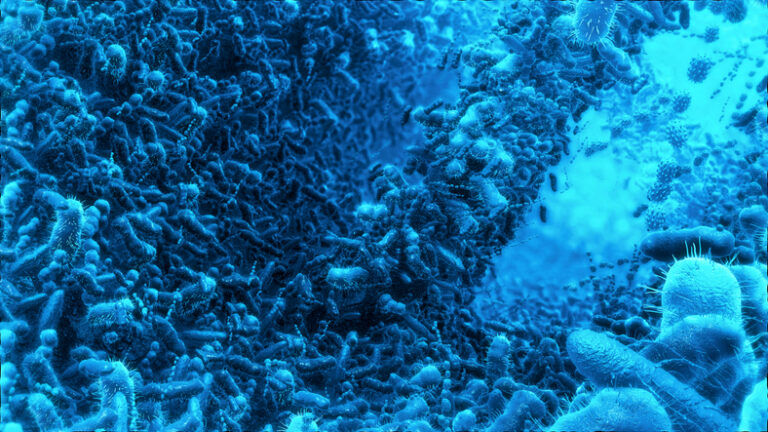The study, conducted by biotechnology company Darwin Bioprospecting Excellence and published in the journal Nutrients, evaluated the effects of a probiotic blend of Lactiplantibacillus strains, including L. plantarum DCn_07, L. plantarum DCn_06, and L. pentosus DCn1_05, or a placebo, administered over a 16-week period in 136 patients with AGA.
The probiotic group had a significant increase in the abundance of Lactobacillus, a significant reduction in hair loss, and increased hair growth.
According to the Spanish authors, the results “highlight the importance of gut lactobacilli in the treatment of alopecia.”
Hair growth
Hair follicles grow in cycles and go through distinct phases: anagen (growth), catagen (transition), telogen (hair loss), and catagen (atrophy).
AGA is the most common form of hair loss, affecting approximately 80% of men and 50% of women. Genetic and hormonal factors primarily influence AGA, specifically the conversion of testosterone to dihydrotestosterone (DHT), which causes hair follicles to shrink.
Common hair loss treatments include medications such as finasteride and minoxidil, but new research suggests a potential role for probiotics in supporting hair health by improving the balance of gut flora.
As recent studies have shown a clear link between probiotics and skin-related conditions, the authors of this new study hypothesized that oral probiotics may hold promise as a new therapeutic approach to hair health through the gut-skin axis.
Probiotics for hair loss
The researchers enrolled participants (62 men and 74 women, ages 18-65) in a double-blind, parallel-group clinical trial in which participants consumed either a probiotic blend provided by Darwin BioProspecting Excellence or a placebo daily for the duration of the study.
The researchers carried out assessments before and after the intervention period and measured the difference in hair count per square centimeter, number of associated hairs per square centimeter, hair length, hair thickness, manual comparison hair plots, scalp sebum measurements, comparison of scalp photographs, and metagenomic analysis of the gut microbiome.
The study concluded that there was a significant reduction in the number of telogen hairs in the probiotic group and a reduction in hair thickness in the placebo group.
In the probiotic group, the number and density of telogen hairs decreased and hair length increased in people under 37.5 years of age.
The researchers also noticed a significant reduction in the number and density of vellus hairs, but no change in hair thickness.
The authors hypothesized that probiotics work by relying heavily on bacterial production to suppress the intake of biotin (vitamin B7), a nutrient essential for skin health, the deficiency of which is closely linked to hair loss.
This helps to outcompete the bacteria that colonize the gut and consume biotin, improving the bioavailability of biotin from both gut production and dietary intake, which has been shown to improve hair growth in some studies.
Journal: Nutrients
“Randomized clinical trial evaluating the effect of probiotic intake on male pattern baldness”
Source: https://doi.org/10.3390/nu16172900
Author: Alejandro Garcia-Navarro, et al.

